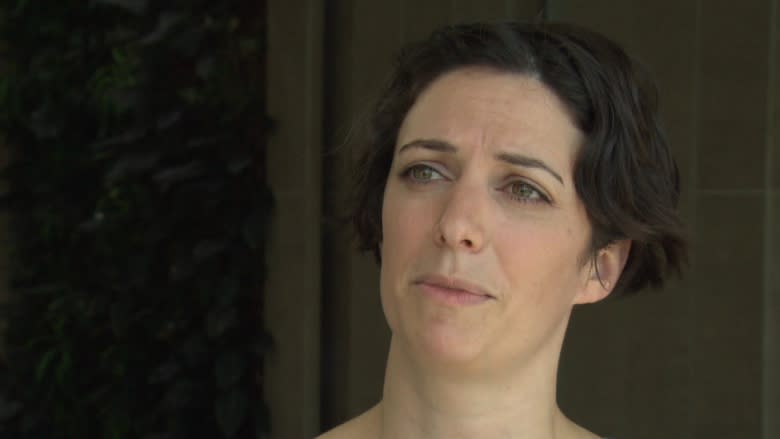Crystal app aims to find your personality in social media posts
A popular app that coaches people on how best to communicate with others is drawing some criticism for the way it gathers its intelligence: by generating personality profiles based on social media posts.
Crystal taps into people's social media accounts — namely LinkedIn, Twitter and Facebook — to summarize their personality. The app then tells others which phrases to use or avoid when emailing, speaking or selling to someone.
Crystal's "email assistant" tool can be added to Gmail and gives suggestions tailored for the recipient — like a spell check for personality.
The app also gauges how people might relate to one another — whether they click.
After looking themselves up on the app, some Ottawa students say the results are eerily accurate. The more people post, the better Crystal's predictions seem to be. The app also estimates its accuracy confidence from the amount of data it was able to mine through.
"Yeah, I'd say it's pretty accurate," says Carleton University student Tim Smith, after punching in his information on an iPad. "I think I'd use it definitely for writing cover letters and applying to jobs and talking to people that I do not know."
That's exactly why the brain behind the Nashville, Tennessee-based startup, Drew D'Agostino, developed the app last year.
"I only set out to improve my own communication," he said in an email. "I realized that personality-based communication could really help working relationships at my last company, and I had a hypothesis that I could detect personality for people that I had not met yet."
App can produce 'random' results, student says
But others are skeptical.
For accounting student Corey Sobel, who does not post often on social media, the personality profile seems to draw from stereotypes.
"It knows I took accounting so it's probably generalizing based on what an accountant's personality would be like," he says. "It seems like pretty random statements to me."
Rena Bivens, a communication professor at Carleton University who studies social media apps, is concerned about the "black box" manner in which Crystal's suggestions are generated.
She suspects the app's algorithms rely on social biases and spew out generalizations or misjudgments when there's insufficient data about a person, which could be harmful to a job applicant for instance.
"The danger there is that we start to assume that everybody in one social identity category acts the same way, thinks the same way or behaves the same way. And that's really inaccurate," Bivens says.
Pierre Gosselin, director of the University of Ottawa's school of psychology, studies the communication of emotion and empathy. He sees great potential for the app and says it's up to users to accept or reject the suggestions.
"It doesn't prevent you to keep your own personal style in communicating. It just makes you more sensitive to the characteristics of the recipient of communication," he says.
"You're not a slave. It's just a tool that makes you more aware of the other."
With more than 50,000 users worldwide, about 10 per cent of which are based in Canada, Crystal makes money from its by-invitation, "freemium" model. That means people request an invite to the free account but can then opt to sign up for a premium account for exclusive features.
"We currently do not spend any money on marketing. All of Crystal's growth has been by word of mouth," D'Agostino said.



